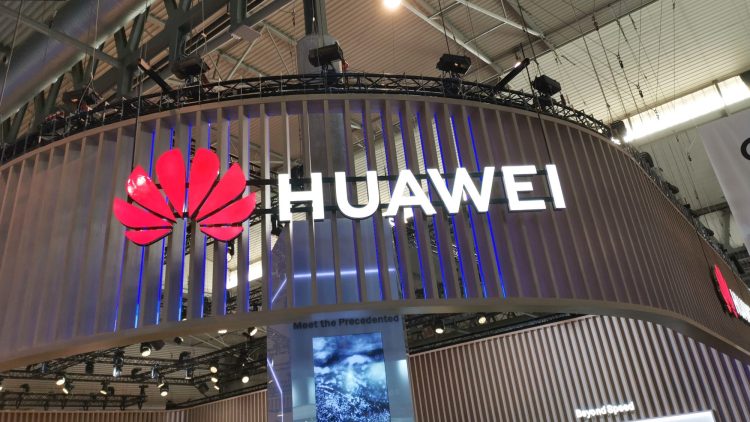The United States spent 2018 mounting a historic international lobbying effort to stop Huawei hardware from being used in 5G network buildouts, but cellular carriers appear to be sending a message at this year’s Mobile World Congress in Barcelona: Huawei is here to stay. For now.
As the mobile industry’s top annual event for carriers and hardware providers, MWC typically gives Huawei a great opportunity to shine on the global stage. Last year, the Chinese company signed agreements to bring its 5G hardware to Europe, Africa, and the Middle East, as well as winning eight awards from industry association GSMA for its contributions to the mobile industry.
That was before the Trump administration doubled its efforts to convince international allies to shun Huawei hardware. Over the past 12 months, U.S. security agency heads, members of Congress, and former officials crisscrossed the globe with warnings that the Chinese government could use Huawei’s gear to surveil and control 5G cellular networks — a security risk that the world can’t afford in the next era, as personal devices, cities, factories, and transportation infrastructure become 5G-connected.
Huawei has roundly and repeatedly denied the accusations, most recently claiming that there is “no evidence” to support the U.S. government’s accusations. In response to the lobbying effort, several countries banned Huawei’s 5G gear, but others took a wait-and-see approach.
June 5th: The AI Audit in NYC
Join us next week in NYC to engage with top executive leaders, delving into strategies for auditing AI models to ensure fairness, optimal performance, and ethical compliance across diverse organizations. Secure your attendance for this exclusive invite-only event.
At MWC 2019, Huawei took home another five GSMA awards across a wide collection of categories, and more importantly, the 5G deals continued. Rain announced that it’s using Huawei solutions in South Africa’s just-launched first 5G network, and Swiss carrier Sunrise said it’s using Huawei gear to commence commercial 5G service next month. Huawei also announced similar 5G hardware deals with Bahrain’s VIVA, Iceland’s Nova, Indonesia’s Telkomsel, Malaysia’s Maxis, Saudi Arabia’s STC, and Turkey’s Türk Telekom.
While bigger carriers are absent from that list, the show is still in progress, and it’s highly likely that Huawei gear will make its way into more 5G networks than those already announced. Despite continued pressure from the U.S., including a recent threat not to share sensitive U.S.-gathered intelligence over insecure networks, even close allies such as the United Kingdom, Canada, Germany, and South Korea haven’t fully shut Huawei out yet.
Some are trying to find alternatives to completely blocking Huawei’s fast, aggressively priced hardware from their carriers’ 5G buildouts, such as using security standards to pre-certify Huawei gear or limiting Huawei hardware to only non-core network elements. Others have concluded that there is no way to integrate the company’s products into networks without risking at least surveillance of 5G communications, if not greater potential threats.
For now, it appears developing countries — even those as large as India — are all but shrugging off U.S. concerns. Several officials have openly suggested that they’re not concerned about abstract security threats from Chinese-made networking hardware, particularly given their positive official relationships with China’s government. Thailand has said that it is concerned, but is testing Huawei gear to “confirm or disconfirm the allegations.”
At this point, the question is whether the U.S. will make a stronger case to get its allies to avoid Chinese gear, or whether it’s done pushing. Although the U.S. has presented its concerns as non-partisan and apolitical, there is a possibility that the seemingly intractable dispute with Huawei will abruptly be resolved, just as the smaller Chinese cellular company ZTE was somehow rescued at the very last minute from a full U.S. ban last year. Thanks to the arrest of a key executive and other issues, Huawei’s situation won’t be as simple to resolve as ZTE’s, but under the Trump administration, it’s impossible to rule out the chance of a “fix” of some sort.

